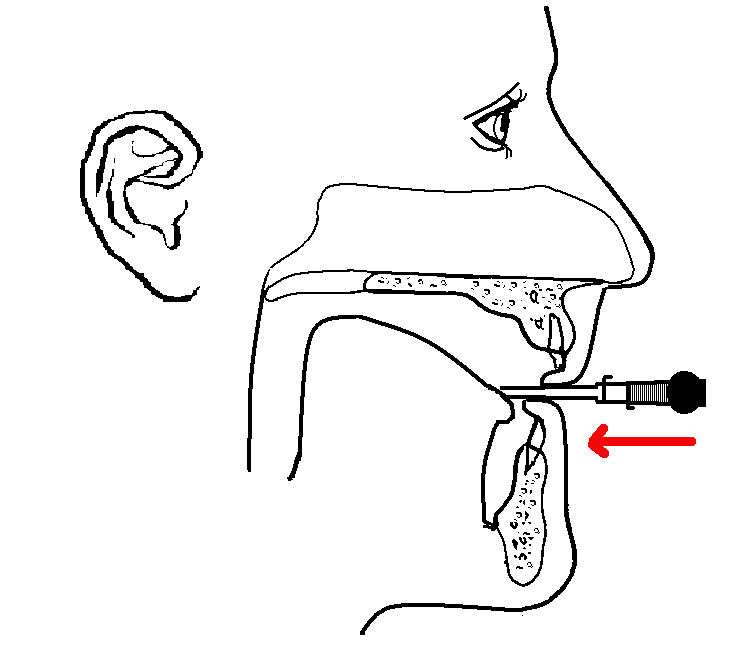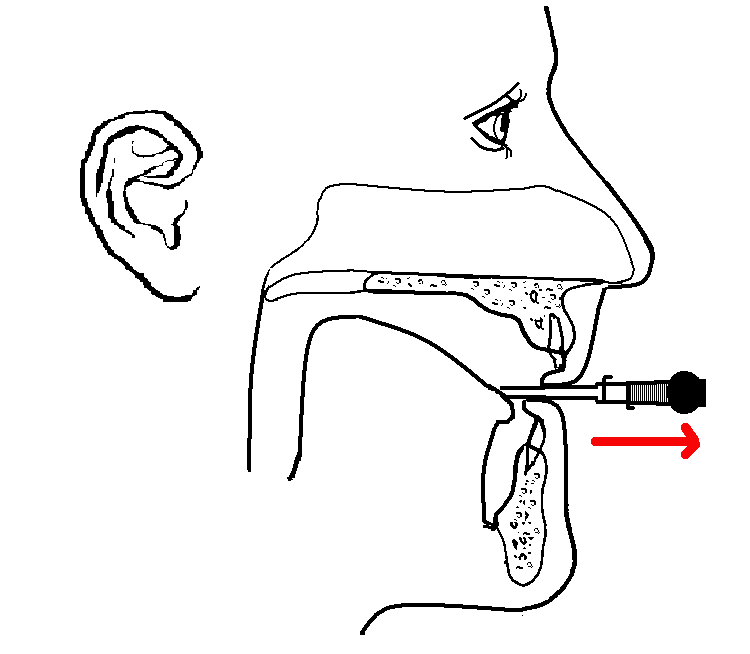
Seventh Bassoon Lesson, Part 1
Dynamics and long tone exercises. By Terry B. Ewell. BDP#195.
www.2reed.net/bdp.
Welcome! Well, generally this is the first point in the lesson plans that I
begin talking about dynamics. I have a reason for delaying the talk about
dynamics until the student is well established, understanding the fundamentals
of air support, embouchure, and playing a good, healthy
forte sound. That healthy
forte sound is the “home base” (if you
want to talk about that) for the other dynamics. If students don’t understand
proper support and an open embouchure, they will have difficult playing the
quieter dynamics properly.
Generally a good forte is with full
air support, with the embouchure dropped, and more of an “ah” vowel. We will be
talking about this later in our lessons.
Now let’s practice some long tone
exercises with dynamics. We will start with
forte, then diminuendo, and then
crescendo back to forte. Let’s set the
metronome to 60, a beat equals 60. Let’s practice this with three counts in each
phase of the exercise.

<example,
forte to piano to
forte>
Now let me do the other exercise:

<example,
piano to forte to
piano>
The object of the exercise is to
maintain a steady pitch throughout all of the dynamics.
When you have mastered three
counts per measure, add another count—four counts. Then five, six, etc.
throughout the range of the instrument so that you understand that every note on
the bassoon is a little bit different.
An even greater challenge than
playing this exercise on the bassoon is playing it on a bassoon bocal with just
the reed. This is well worthwhile practicing because it helps you to focus even
more on on embouchure and air balance. Let me again set my metronome to 60.
Let’s again do this for three
counts.

<example,
forte to piano to
forte>
And now starting
piano and
crescendoing.

<example,
piano to forte to
piano>
There are subtle differences that occur in my embouchure. Not only is my embouchure opening up for forte, but I find that my embouchure goes slightly closer to the wires for forte.

Then when I play
piano the embouchure closes and I pull
the reed out slightly.

Gaining mastery over dynamics
will help you convey musical gestures. This will help you to play musically.
If you want to learn more about
playing musically, please see my many videos on phrasing. Several of them are
linked on my website 2reed.net.
http://www.2reed.net/bdp/#Phrasing.
<Closing
Music: “Home Sweet Home” from A Tune a Day,
lesson 29 number 6.>
Copyright (c) 2016 By Terry B. Ewell. All rights reserved.